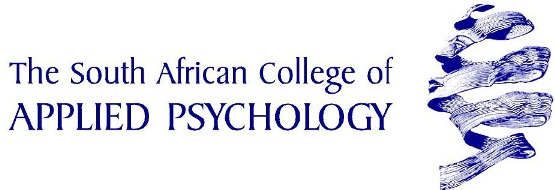FACILITATION I
A four day intensive workshop: This workshop runs as an intensive course over 4 days but qualifies as a full module credit. It can be taken as a stand-alone module OR as part of the Facilitation Qualification
Course Outlines: An introduction to the field of facilitation providing a framework for understanding the role, metaskills, skills and tasks of a facilitator in organisational settings. It introduces a framework for understanding individual and group behaviour from the perspectives offered by the range of theoretical schools within the field of clinical psychology, particularly focusing on the difference between above-the-surface and below-the-surface origins of human behaviour. As such, it introduces the context and territory in which a facilitator operates.
The student is required to develop a solid and rigorous theoretical foundation from which to begin work as a facilitator. The student is equipped with the basic skills required to run group processes.
Outcomes
By the end of this course, you should be able to:
- Demonstrate an understanding of the role of facilitation in organisational processes
- Identify the main theoretical perspectives out of which facilitation has emerged
- Embrace the professionalism and ethics required to function effectively and with integrity as a facilitator
- Understand the main tasks of a facilitator.
- Understand and apply the differences between the roles of a facilitator, a leader, a chairperson and a participant.
- Understand the basic frameworks underlying the various schools of clinical and organisational psychology and how to use variables of each to manage human behaviour.
- Understand the main differences between individual and group behaviour.
- Practise techniques for managing your own psychological responses to facilitation situations.
- Begin to develop the metaskills required to facilitate effectively.
- Develop your communication skills with a particular emphasis on the ability to listen and use appropriate verbal skills.
- Apply basic facilitation skills.
- Use a range of facilitation aids.
- Understand how to document a facilitated session.
- What is Facilitation?
- The role of the facilitator
- Definition of the facilitator
- Types of facilitation and worldviews
- Different methodologies
- Main facilitation tasks and activities
- Introduction to the schools of psychology and the development of a psychological framework
- The psychology of facilitation
- Inner work as a facilitator
- mapping your own psyche
- managing your own defences, complexes and inner critic
- The metaskills and ethics of a facilitator
- Communication skills of a facilitator
- Facilitation techniques
- containment
- managing boundaries and structure
- setting and achieving agendas and objectives
- managing participation
- managing time
The Facilitator
Holder of a B.A., H.D.E. and M.B.A from Wits University – Helene has 15 years experience in facilitation, training, consulting and coaching in the areas of Strategy, Human Resources, Team Building, Conflict Resolution, Organisational Behaviour, Change Management and Diversity Management at all organisational levels, and currently specialises in high-level corporate facilitation. Senior lecturer at the Graduate School of Business of UCT, Helene has been presenting on both academic and executive education programmes for the past nine years.


No comments:
Post a Comment
Note: Only a member of this blog may post a comment.